Whether you are looking for an industrial, modern or luxury look for your commercial space, there are different types of floor tiles for every occasion. Remember, design and layout are important, but so is functionality. Your choices directly affect the people who use the space.
Before choosing the ideal type of tile for you, you should think carefully about your unique needs. Porcelain tiles, ceramic tiles and vinyl tiles are the three main types of tiles that may be used in offices.
Porcelain tiles are highly resistant to stains, chips and scratches. Ceramic tiles are less durable than porcelain tiles, but more resistant to stains and scratches. Because of its durability and ease of cleaning, vinyl is often used in commercial environments. However, vinyl flooring is not resistant to dirt and grime.

If you plan to place tiles in wet areas such as kitchens, bathrooms, and laundry rooms, look for tiles marked “wet.” If you want to find flooring with a soundproofing label. Non-porous seals should be used in workplaces where employees stand and stare at their feet all day.
To ensure proper adhesion between sheets, when laying over pre-installed vinyl flooring, make sure the sheets are tight and undamaged. Aesthetics are more important than money, which doesn’t matter. Natural stone is always one of the best choices in this situation.
You may not be able to understand the language of tile if you are too overwhelmed by the variety of styles and materials available.
Clay or a combination of clay and minerals is used in the production of many types of tiles before being fired in a kiln. It is important to be aware of this fact.
Ceramic tiles can be Chinese or non-Chinese in their composition. There are groups that should be considered. Tiles that are not made of porcelain, often referred to as “ceramic” tiles, should not be confused with porcelain tiles.
Porcelain tile is a more practical alternative to commercial grade tile flooring because it is a stronger, denser, and visually superior tile subset. It is more water resistant than non-porcelain ceramic tiles and can bear weight.

Density is an important factor to consider when choosing porcelain or non-porcelain floor tiles for your new or upgraded tile floor. Dense tiles are perfect for residential rooms and commercial areas such as bathrooms and kitchens. increase. Remember that not all spaces are ideal for porcelain or all-ceramic tiles.
According to the PEI hardness class, the tile density is ranked from low to high. Floor tiles can also be used for walls, as they are often more dense, but not the other way around.
Wall tiles that are laid on the floor will break due to insufficient water resistance, creating a safety and liability issue.
It is common to produce ceramic tiles, or more specifically non-porcelain tiles, from red or white clay, which is then fired in a kiln to harden the material.
After that, the tiles receive a long-lasting coating that gives them color and design. Helps with maintenance Unglazed ceramic floor tiles, like terracotta, can retain their natural color when left to their natural state.
However, choose glossy or matte glaze for a look that’s trendy. The versatility of ceramic tiles allows them to be used not only on floors but also on walls.

Also note that ceramic tiles typically have a PEI value between 0 and 3, are harder and softer to cut than porcelain tiles, and ceramic tiles have a PEI rating. Tiles made of ceramic have a high water absorption rate, although they can still withstand very light to moderate traffic. It reduces the plant’s resistance to cold temperatures. Unlike porcelain tiles, ceramic tiles wear out faster over time.
Porcelain tiles, unlike their ceramic counterparts, integrate design and function, making them preferred by homes looking for commercial-grade tile flooring. A compact dust process is used to create porcelain tiles that are fired at significantly higher temperatures than ceramic tiles.
As a result of this method, porcelain tiles are denser, less porous, significantly harder and less likely to absorb moisture and dirt than ceramic tiles.
For this reason, porcelain tiles are suitable for indoor and outdoor use. Ceramic tiles are more prone to freezing than porcelain tiles because porcelain tiles have a much lower water absorption rate (less than 0.5% to be exact).
Because porcelain tiles are so durable and resistant to damage, they may be used for any type of flooring or application, from high-traffic commercial areas to low-traffic domestic spaces. Porcelain tiles also show less wear and tear because the color and pattern are evenly distributed throughout the thickness of the tile.

The overall longevity of porcelain tiles is not compromised by their availability in intricate patterns or matte, unglazed or glossy colors.
The use of laminate as an alternative to stone and wood in flooring is becoming increasingly common. The synthetic structure of the material, as opposed to the structure of real hardwood, makes it possible to create beautiful floors at a more affordable price. If you want really realistic detailing, you can choose laminate flooring that has a smooth finish, hand-scratched detailing, raised detailing, or distressed detailing.
Another quality that makes laminates ideal for use in commercial environments is their resistance to scratches and stains. Laminates are scratch and stain resistant. In addition, the laminate wear layer is more resistant to yellowing and fading caused by UV rays than similar products such as vinyl.
There is a type of flooring suitable for every scenario, whether you want your commercial space to look industrial, contemporary or stylish. When it comes to design and layout, function is as important as form. Your choices will have an immediate impact on the people who use that space.
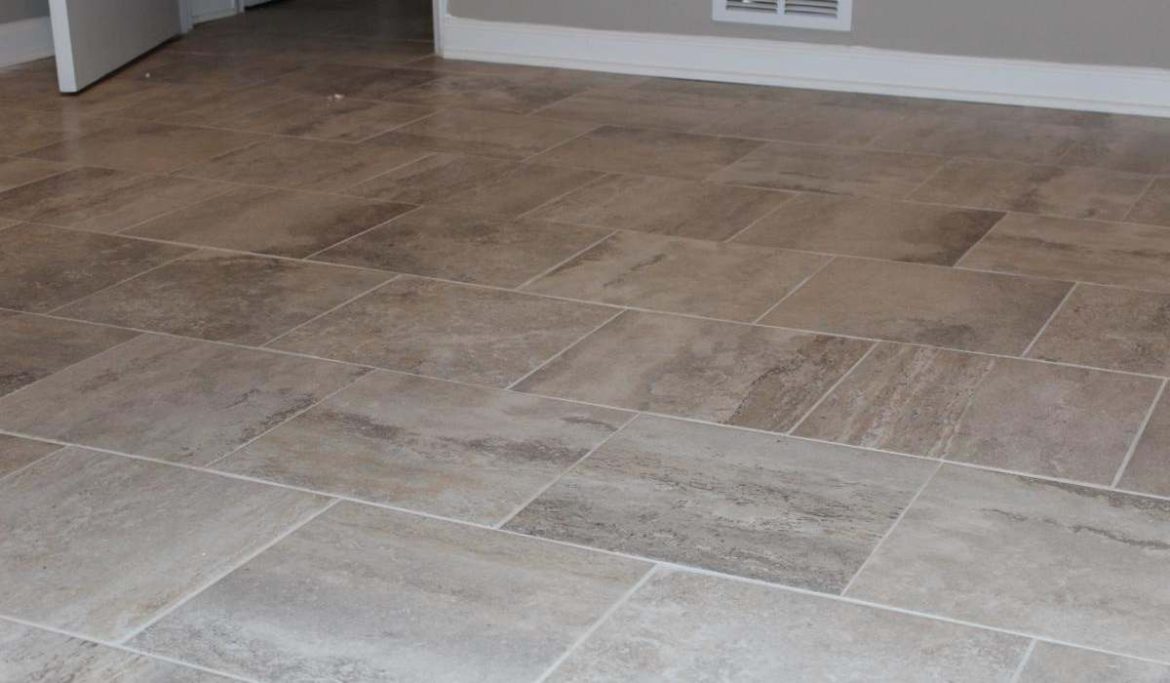
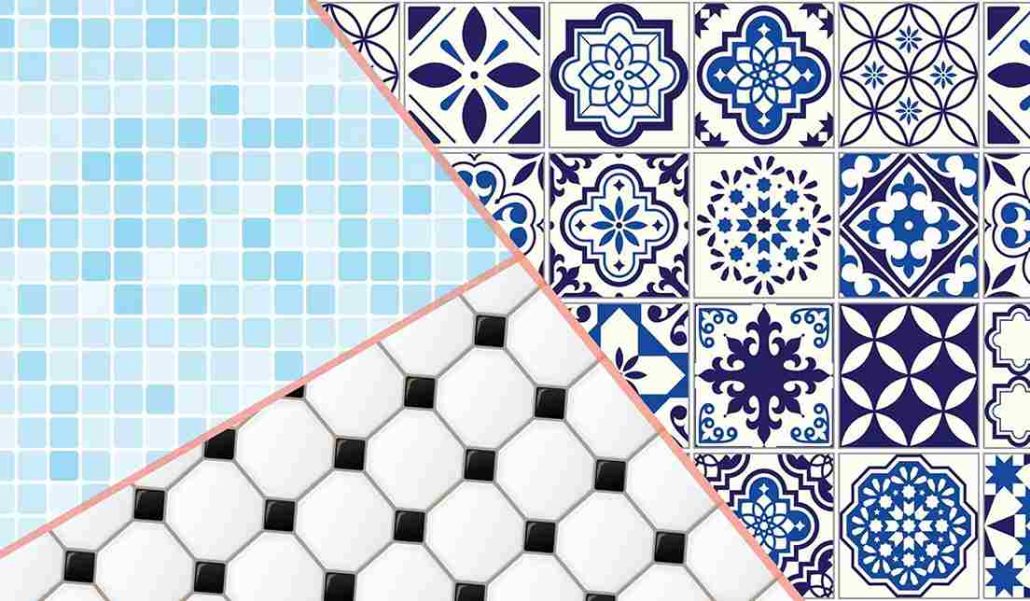

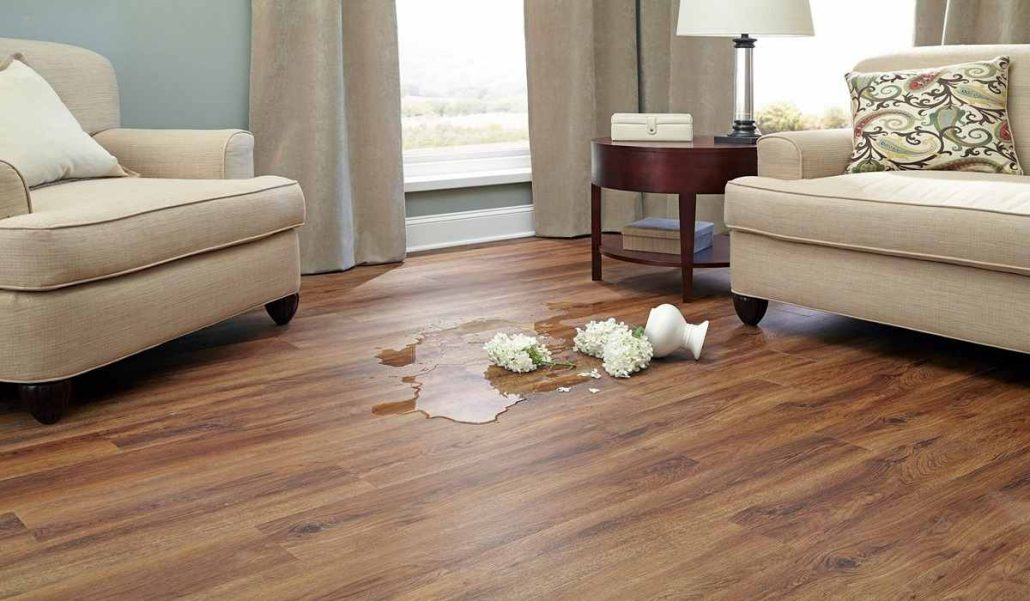
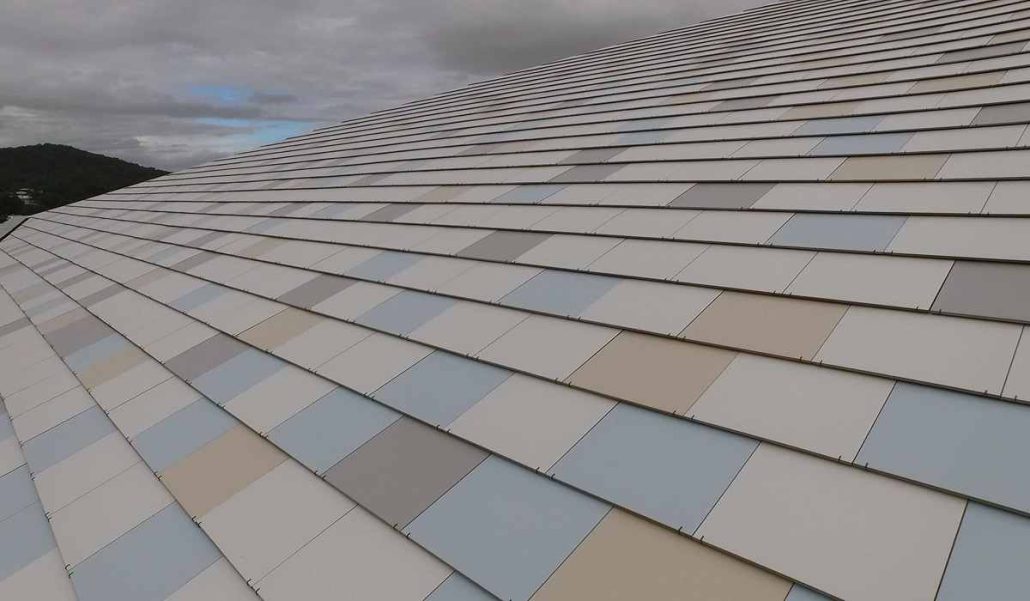
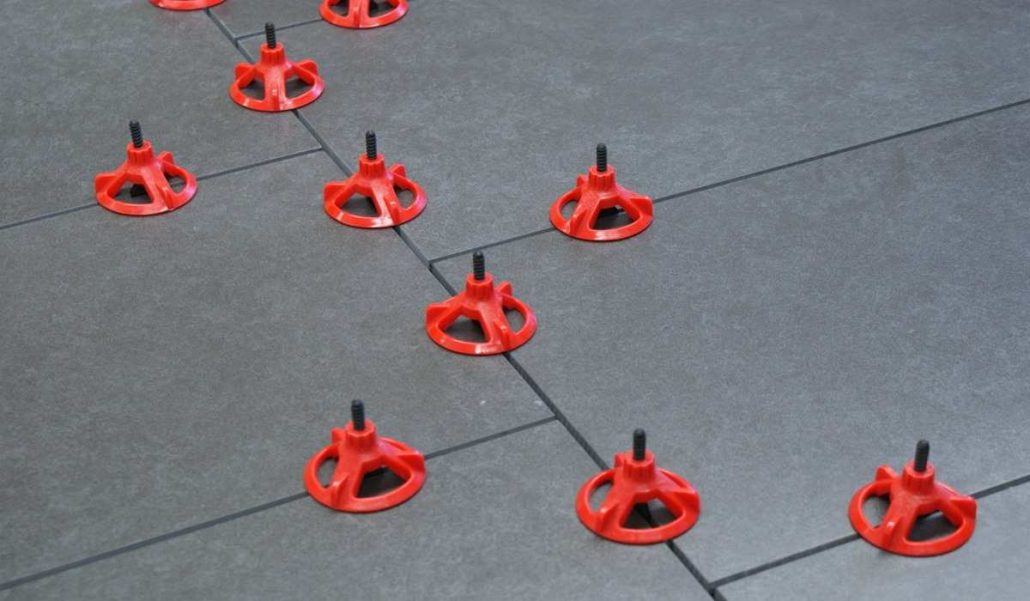
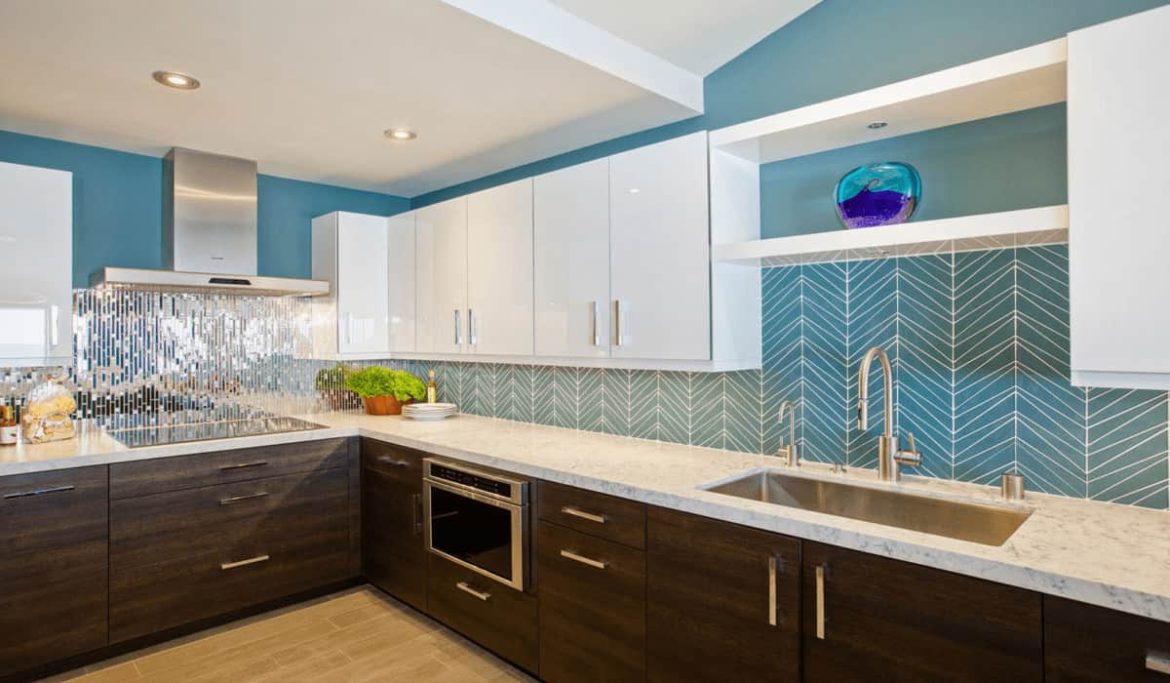
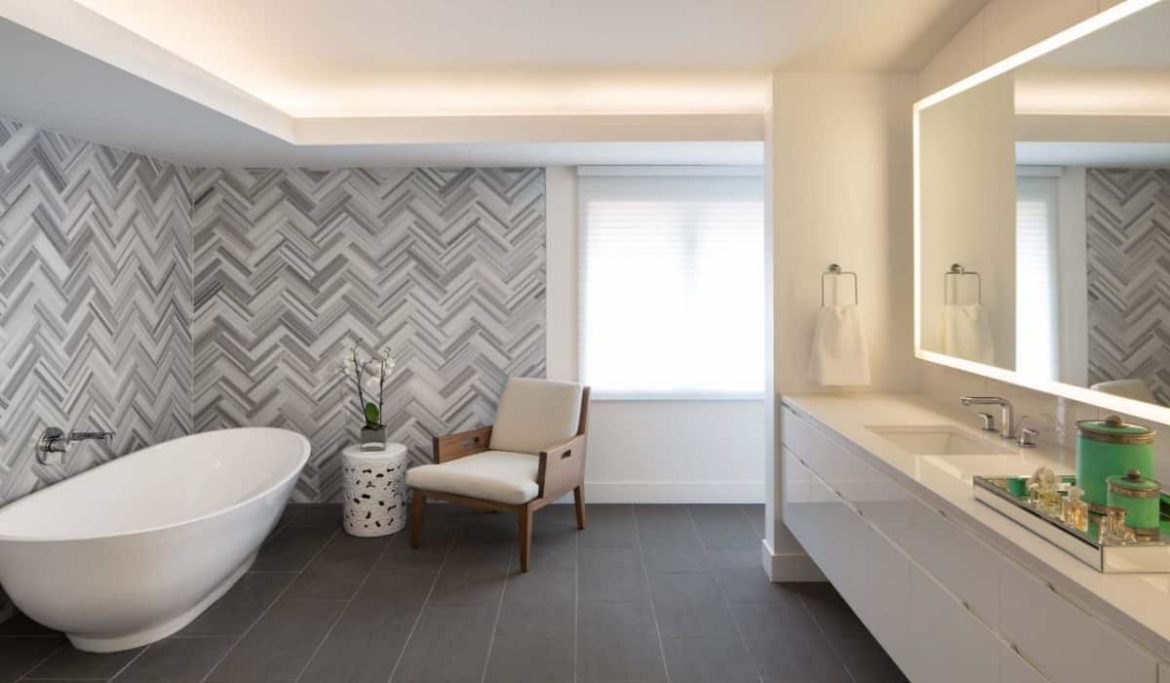
Your comment submitted.